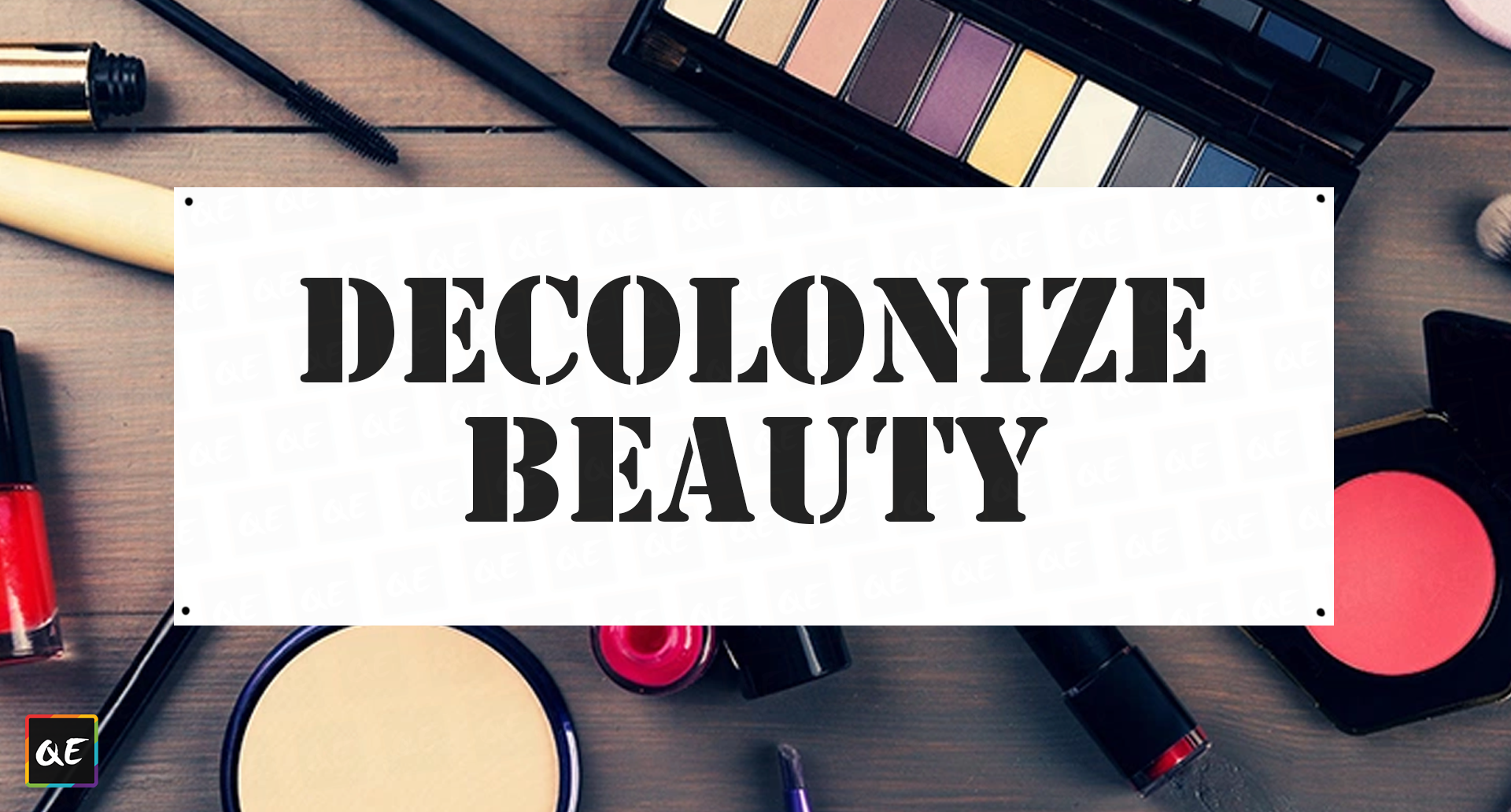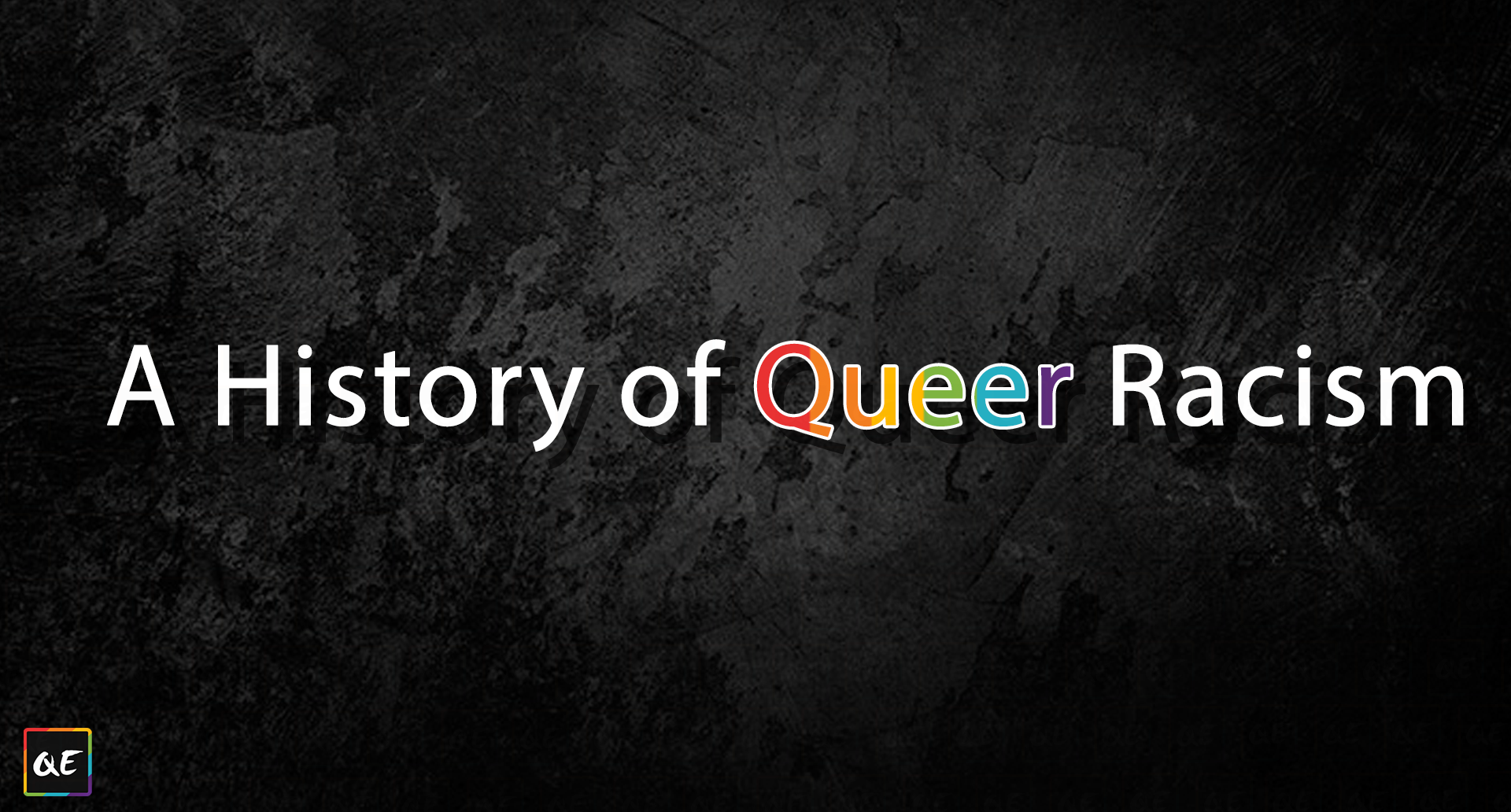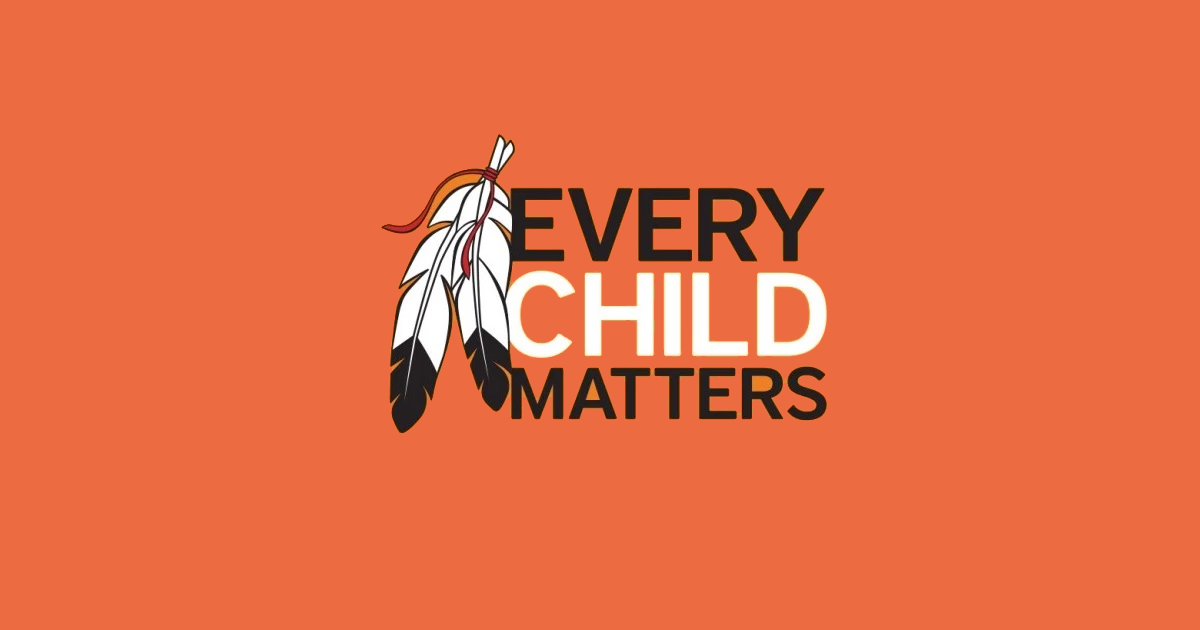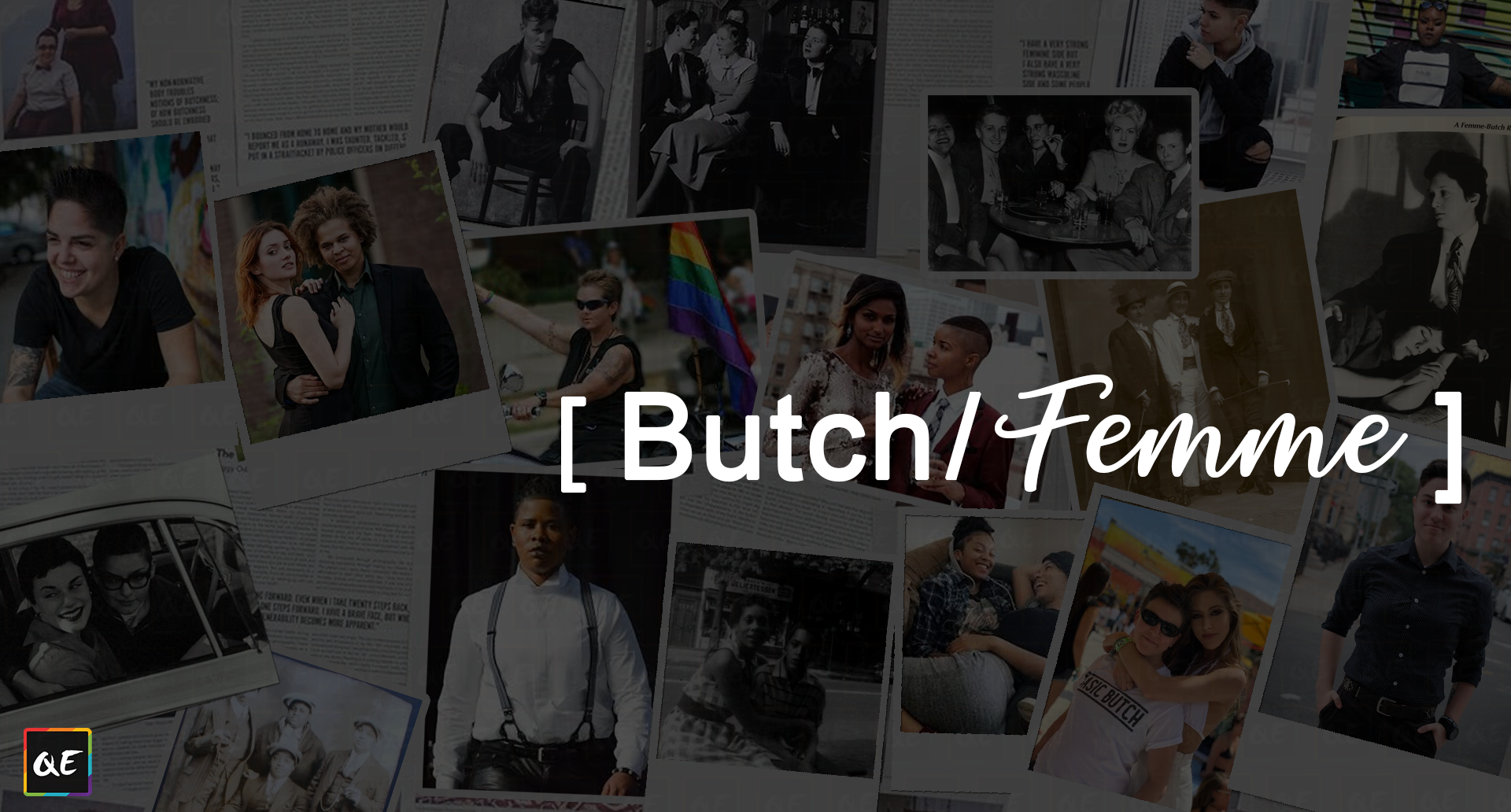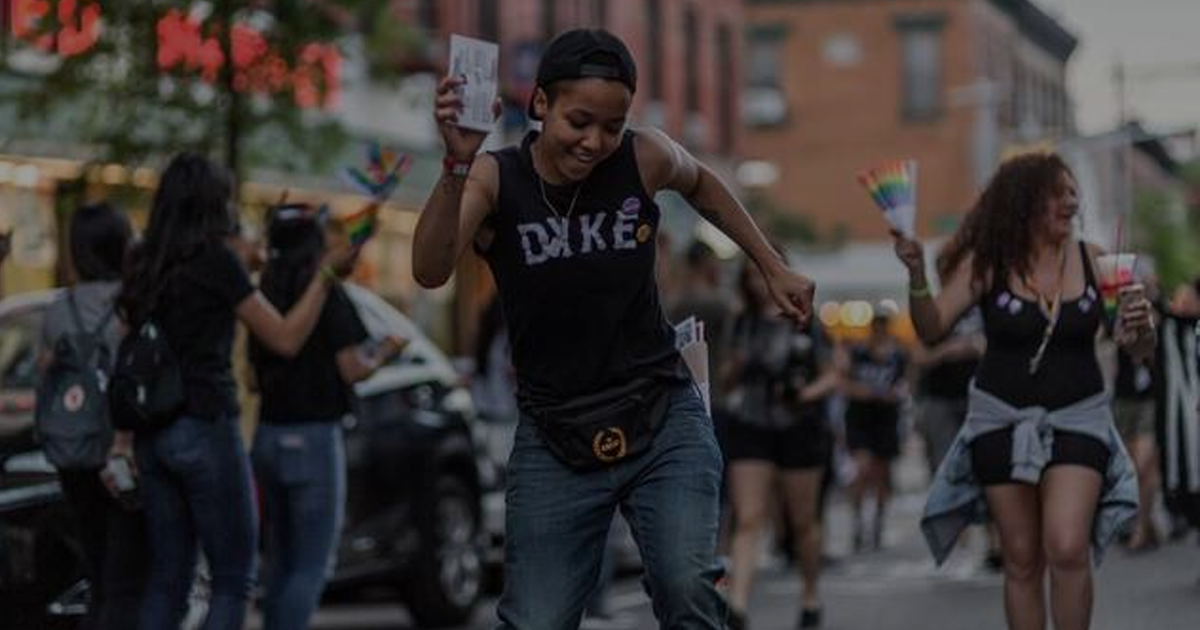
The Queer Masculinity of Superman
Queer folks have always faced a dearth of representation in media. To adapt, we claim characters who are assumed to be straight as one of our own. Some headcanons are easier to square with established facts than others: we all know Wonder Woman is queer no matter what DC Comics says.
But what about the Man of Steel? At first blush, Superman seems incredibly straight. A Kinsey negative one, if such thing were possible. He’s a man whose power-set is that he’s the manliest man alive. He has the glib self-confidence and optimism of privilege, plus the same girlfriend for decades. But Superman queers masculinity which points to a more expansive understanding of gender.
Performing Gender in Metropolis

Superman is basically a drag queen. He takes the gendered elements he wants to embody and elevates them to an extreme. The result is over-the-top but treated seriously. The drag queen is a hyper-feminized persona which we accept and applaud in the context of a drag show. Femininity is equated with beauty and being gazed upon. Drag revels in artifice rather than playing into the heteronormative view of these qualities as being 'natural' to woman. Drag highlights the skill and effort of glamorous self-presentation, more important attributes than physical sex. The drag queen is not a passive recipient of others’ gaze - she is a spectacle designed to command the gaze of others.
Superman is the fantastical masculine opposite. He isn’t just strong and heroic, he’s the strongest and most heroic man on the planet. He’s a completely silly character, but we suspend our disbelief when we read a Superman comic book or watch a Superman movie. We know Superman could never exist but we briefly accept his reality.
The drag queen is the height of femininity because she is not natural. Superman is the height of masculinity because he is impossible. By performing a gender role ‘better’ than heterosexist society tolerates, the drag queen/Superman plays with gender while subtly critiquing it.
Crucially, self-conscious gender performativity allows for impermanence. The drag queen is not always in drag. Her wig, makeup, and entire persona can be applied and removed at will. She may be the ultimate woman onstage, but she can be anybody she wants to be at the grocery store or bank. Superman does the same thing by 'becoming' Clark Kent. Superman is a performance, one that helps others and fulfills himself.
Switching the Narrative: A Closer Look at Clark Kent
Unlike Superman, Clark Kent is not a masculine fantasy. He is shy, unassertive, and vulnerable. In fact, he’s downright effeminate. His deepest emotional connection is with his co-worker and later girlfriend/wife, Lois Lane, who playfully dominates their social interactions. Their back-and-forth banter has a frisson of the erotic, especially in scenes where Lois compares Clark unfavourably to Superman, not knowing they are one and the same. Lois attempts to evoke sexual envy from Clark by emasculating him, but both parties derive pleasure from the power play.
Their entire dynamic is inverted when Clark becomes Superman, when he is undoubtedly the dominant one. They repeatedly re-enact the damsel-in-distress routine, with Superman regularly saving Lois. They both get a kick out of it. Superman and Lois get off on sharing a constantly fluctuating power dynamic. They enjoy the constant dance of dominance and submission, represented by Clark/Superman’s dual personas. They’re not locked into the prescribed roles of man and woman. Instead they embrace a more fluid and mutable masc/femme pairing.
It isn’t just in his romantic life that Clark/Superman allows himself to be powerless. Super-strength and x-ray vision doesn’t make dealing with his difficult boss, demanding job, rent payments, or laundry any easier. His choice of career is journalism, which challenges him by giving him an opportunity to fail or to be overshadowed. After all, writing is not a Kryptonian-derived talent.
In Kill Bill Vol.2, Bill says that the Clark Kent identity is Superman’s “judgement of the human race.” But Clark/Superman has not crafted his life as an elaborate satire only he knows about. Clark Kent is a persona crafted around the value of not being the most powerful person around, which he maintains because it fulfills him just as much as being Superman does.
The Anti Heroes and Masculinity

Establishing Superman’s queer masculinity is not just a theoretical point. He can be read as a corrective to the idea that masculinity is inherently inflexible. Modern depictions of masculinity tend to focus on its rigidity, to the point that masculinity is coded as inherently brittle or fragile. Consider the Holy Trinity of TV antiheroes: Don Draper of Mad Men, Walter White of Breaking Bad, and Tony Soprano of The Sopranos. All three shows are essentially about the high cost of adhering to masculine identity. All three leading men and those around them continually suffer because masculinity and happiness are incompatible in the moral arithmetic of these shows.
This belief in the essential toxicity of masculinity has even exacerbated the backlash against the #MeToo movement. In her recent article "The Great Stink”, Laurie Penny articulates the effects of this belief:
"[There] is a fear that I think — I suspect — is very common among men struggling to know what it means to be one in the modern age: that there is something inherently hateful and destructive in maleness itself, that there is some sort of original taint written in their genes, and that women as a whole might have correctly identified it. That’s why the first and worst thing men say to women fighting for their own liberation is that they "hate men." It assumes that asking men to change their behavior is, and must be, the same as hating what they are on the deepest level."
A Queer Nation of Supermen
If we hold masculinity as a rigid code then we arrive at a question nobody should ever have to ask themselves: Am I a bad person because of who I want to be?
Superman is the emphatic answer to that question: No.
It is not wrong to be powerful or heroic. It is not wrong to be a man. What is wrong is to never be anything more than a narrow ideal. You can be powerful, but you will be weak sometimes. You can be a hero, but you won’t always be one. We cannot abolish masculinity, nor should we have to. Instead, it must adapt to survive.
Let us toss out the toxic and soar above the clouds in spandex and cape, then retire to home where we know we are loved. Let us be a queer nation of Supermen.
Food for Queers
Stay Safe. Not Hungry
Providing support for 2SLGBTQ+ folks experiencing food insecurities within the city of London

